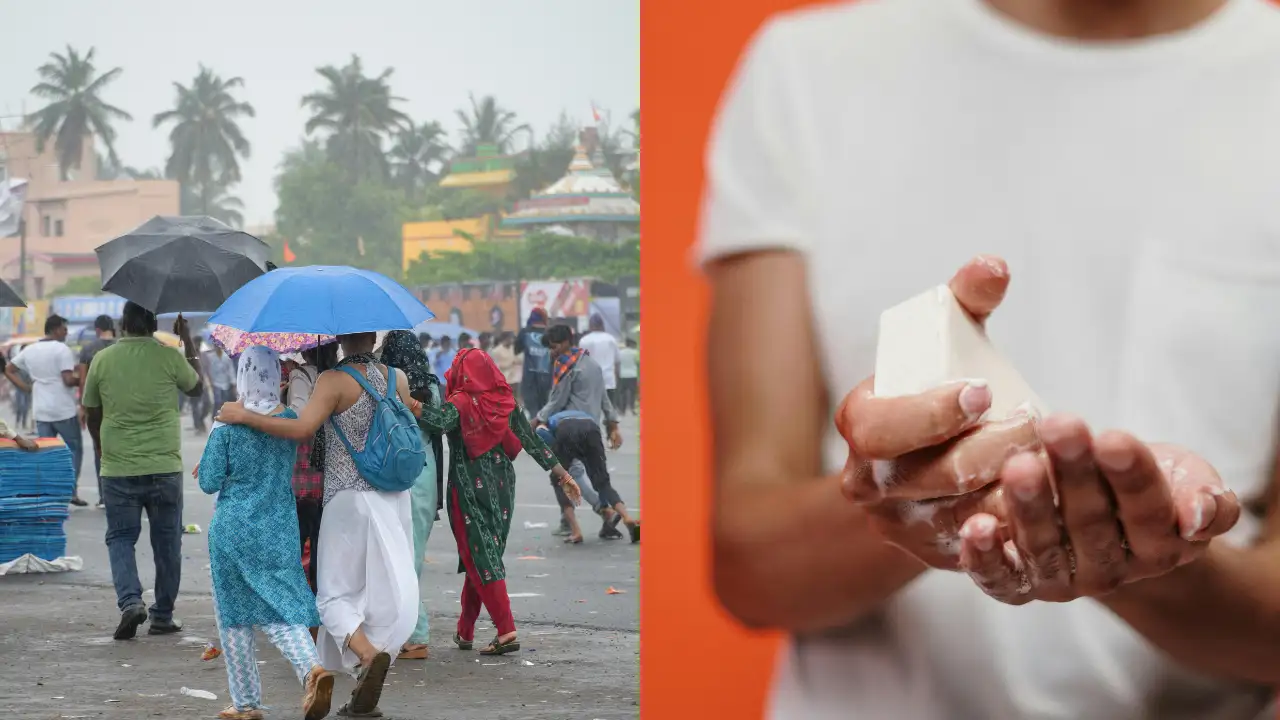
How To Save Yourself Against Most Common Monsoon Infections (Credits: Pexels)
The monsoon season is here and it has brought the much-needed relief from heat but along with itself, the rains also bring in a number of infections. There is humidity, water-logging and severe contamination. All of this lays the perfect ground for bacteria, viruses and fungi to spread in enormous numbers. From gastrointestinal problems to vector-borne diseases, monsoon issues can range from causing mild discomfort to serious troubles. Thus, it becomes all the more important to know how one can safeguard itself from these common infections and maintain health and well-being.
Vector-borne diseases
Mosquito-borne illnesses such as malaria, dengue, chikungunya and Japanese encephalitis peak during the rainy season. Water accumulation and clogged drains is one of the major reasons for this.
Waterborne diseases
Diarrheal diseases, typhoid, cholera and hepatitis A and E are some common airborne infections that happen during the monsoon season due to consumption of contaminated water or food. Stagnant water and poor sanitation are the most likely culprits here.
Airborne diseases
The increased dampness promotes the growth of fungi and mold. This can trigger asthma and allergies and also cause other respiratory infections that spread more easily.
Skin infections
One of the biggest problems of the monsoon season is that they carry fungal infections like athlete’s foot and can cause ringworms as a result of constant wetness and sweat. Cuts and wounds are also more prone to happen during monsoons because of the prevalence of bacteria.
Keeping yourself safe is very important during the monsoon season. Here are some easy tips to follow:
1. Always drink filtered or boiled water. Avoid eating or drinking anything from the street, even juices as these are likely made with unfiltered water.
2. Eat freshly cooked, homemade meals. Avoid anything raw, like salads or even chutneys during the rainy season.
3. Always use mosquito repellents and wear full-sleeved clothing. Also ensure that there is no stagnant water in or around the house.
4. Bathe daily and dry your feet thoroughly after a shower. Always wear breathable footwear and avoid walking barefoot in wet areas, like grass.
5. Try and keep yourself as dry as possible and carry extra pair of clothing along with appropriate rain gear.
